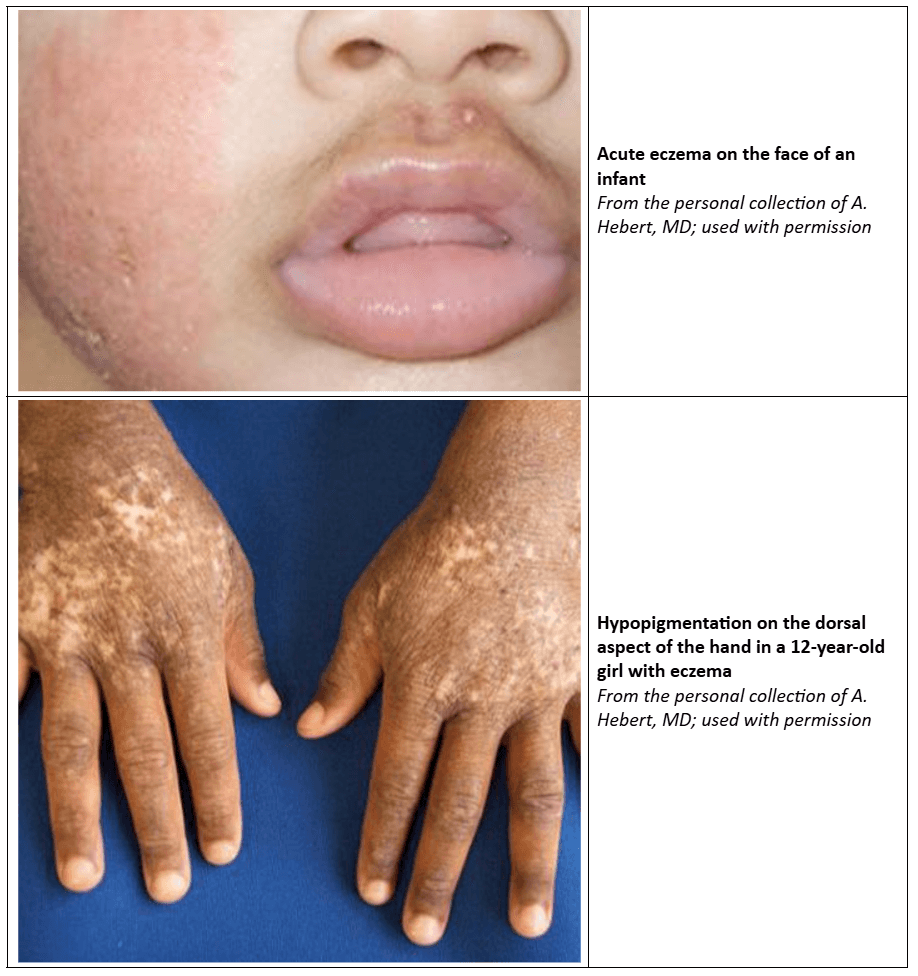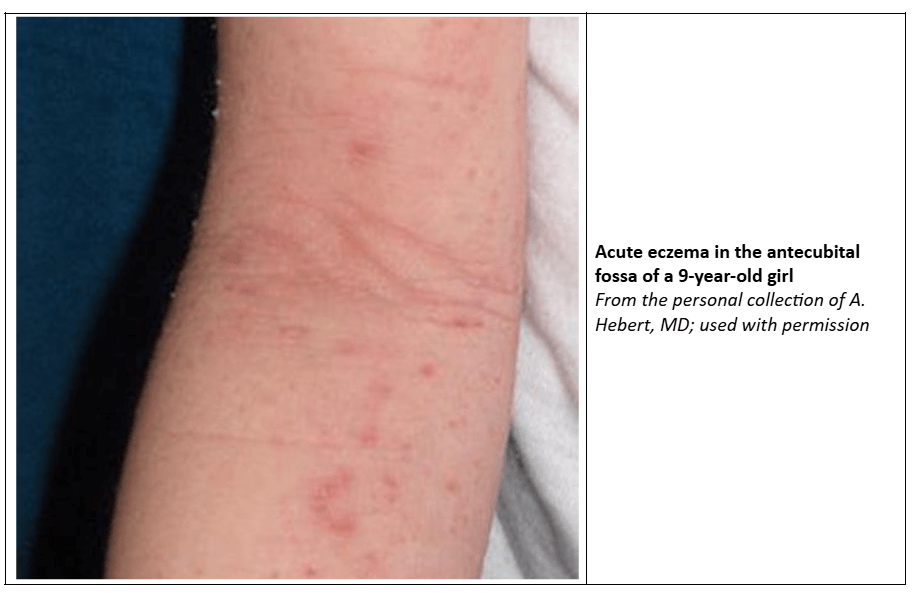Summary
Eczema, also known as atopic dermatitis, is a common skin condition that causes dry, itchy, and inflamed skin. It often appears in early childhood and may come and go in flare-ups. While eczema is not contagious, it can cause discomfort and may be linked to other allergic conditions such as asthma or hay fever.
Diagnosis and When to Seek Help
Eczema is usually diagnosed based on symptoms and a physical examination by a healthcare provider. If your child has persistent dry, red, or scaly patches of skin that cause itching or discomfort, it is important to consult a doctor. You should seek medical attention if:
- The skin becomes infected (red, swollen, warm, or has pus-filled bumps).
- Over-the-counter moisturizers and creams do not improve symptoms.
- Your child’s sleep or daily activities are disrupted due to severe itching.
- There is a family history of eczema, asthma, or allergies, and symptoms are worsening.
Management
Managing eczema involves keeping the skin hydrated and reducing inflammation. Treatment options include:
- Moisturizing: Regular use of fragrance-free emollients (moisturizers) helps protect the skin barrier and prevent flare-ups.
- Topical Steroids: Mild to moderate corticosteroid creams are commonly prescribed to reduce inflammation during flare-ups.
- Other Treatments: If symptoms persist, additional options may include:
- Topical calcineurin inhibitors (for sensitive areas like the face)
- Topical phosphodiesterase-4 inhibitors or Janus kinase inhibitors
- Phototherapy (light therapy) for severe cases
- Biologic medications or systemic immunosuppressants for difficult-to-control eczema
- Avoiding Triggers: Common triggers include harsh soaps, allergens, certain fabrics, and environmental factors like extreme temperatures.
Follow-Up and Monitoring
Ongoing care is important to keep eczema under control. Parents should:
- Monitor for signs of infection and worsening symptoms.
- Continue daily moisturizing to prevent flare-ups.
- Work with a healthcare provider to adjust treatment as needed.
- Keep a symptom diary to track potential triggers.
- Ensure regular follow-ups with a dermatologist or pediatrician if eczema is persistent or severe.
By following a structured care plan, most children with eczema can experience relief and maintain healthy skin.


History and Exam
Key diagnostic factors
- Presence of risk factors
- Pruritus
- Xerosis (dry skin)
- Sits of skin involvement
Other diagnostic factors
- Erythema
- Scaling
- Vesicles
- Papules
Risk factors
- Filaggrin gene mutation
- Age <5years
- Family history of eczema
- Allergic rhinitis
Diagnostic Investigations
1st investigations to order
- Clinical diagnosis
Investigations to consider
- IgE levels
- Skin-prick testing
- Oral food challenge
- Trial elimination diet

